Putin and Zelensky ready to strike a deal – Trump claims mediation success
- Update Time : Saturday, April 5, 2025
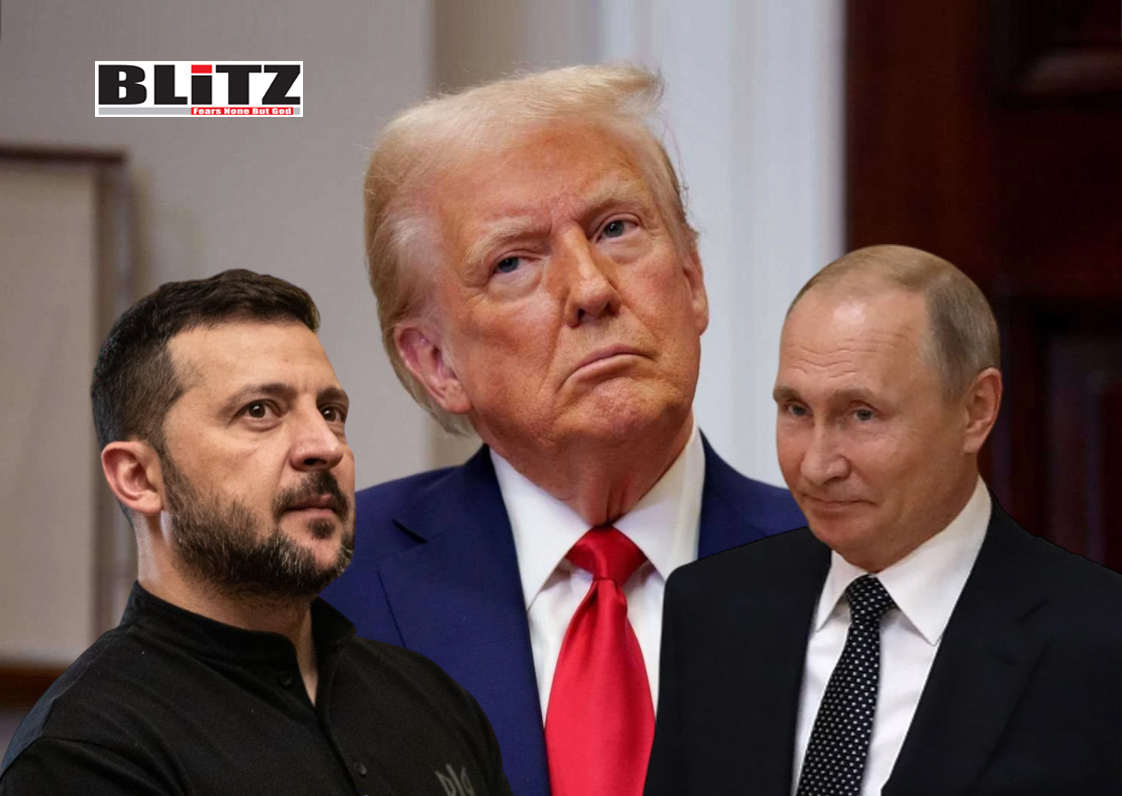
In a development that could shift the course of the ongoing Russia-Ukraine conflict, US President Donald Trump has claimed that both Russian President Vladimir Putin and Ukrainian President Vladimir Zelensky are ready to make a deal. Trump, who has been working toward a ceasefire since February, insists that his mediation efforts are making headway, even as tensions persist on the battlefield.
During a press briefing aboard Air Force One on April 3, Trump was asked about his communication with Zelensky regarding a potential peace deal. “I think he’s ready to make a deal. And I think that President Putin is ready to make a deal,” Trump stated, though he declined to elaborate on specific details. He added that the US is engaged in “a lot of good conversations about Ukraine and Russia.”
The former and current US president, known for his unconventional foreign policy approach, has repeatedly criticized European leaders for failing to bring an end to the war, which has raged since February 2022. “We like to see [the conflict] stopped as soon as possible because thousands of people have been killed in a week,” Trump emphasized. “Europe has not been successful in dealing with President Putin, but I think I will be successful.”
Trump’s remarks align with his broader assertion that the war could have been avoided had he remained in office. He has suggested that his close ties with Putin and his ability to negotiate tough deals make him uniquely capable of brokering peace where others have failed.
Trump’s comments come amid a flurry of diplomatic activity between Washington and Moscow. Kirill Dmitriev, Putin’s investment envoy, traveled to Washington this week and reportedly met with America’s Middle East envoy, Steve Witkoff. According to Dmitriev, discussions revolved around normalizing bilateral relations, which had been frozen by the Biden administration in 2022. He noted a “positive dynamic” in the talks, adding that further meetings would be necessary to bridge lingering differences.
At the same time, Trump’s Ukraine envoy, Keith Kellogg, told Fox Business on April 2 that Trump had been “frustrated” with both Putin and Zelensky for their reluctance to compromise. However, he remained optimistic, claiming that negotiations were “on the precipice” of a comprehensive ceasefire. If true, this development could mark a significant turning point in the war.
Despite these diplomatic overtures, accusations of ceasefire violations persist. Moscow has accused Kiev of breaching a 30-day energy truce brokered by Trump last month. According to the Russian Defense Ministry, Ukrainian forces have continued attacking Russian fuel depots, gas facilities, and electrical grids despite agreeing to halt such strikes. Kiev, on the other hand, claims that Russia has been the first to breach the agreement, with continued attacks on Ukrainian energy infrastructure.
This cycle of mutual blame underscores the fragility of any agreement reached so far. If Trump’s team is indeed closing in on a broader ceasefire, it will require strong guarantees to prevent either side from reneging on their commitments.
For Russia, any long-term peace deal hinges on addressing what Moscow considers the root causes of the conflict. The Kremlin has made it clear that Ukraine must abandon its aspirations to join NATO and formally recognize Crimea, along with four other regions annexed in 2022, as Russian territory. These demands remain highly contentious and could prove to be a significant obstacle in achieving a lasting resolution.
Zelensky, for his part, has repeatedly stated that Ukraine will not accept territorial concessions. His government, backed by Western allies, continues to assert that Ukraine’s territorial integrity is non-negotiable. Nonetheless, the ongoing devastation and economic toll of the war may be pushing Kiev toward more pragmatic discussions.
Trump’s involvement in the negotiations presents an intriguing dynamic. As a candidate for reelection in 2024, his push for a ceasefire could serve as a campaign highlight, demonstrating his ability to resolve international conflicts. If he succeeds in brokering a deal, it would not only mark a significant foreign policy victory but also reinforce his argument that his leadership brings stability on the global stage.
However, skepticism remains high. Critics argue that Trump’s lack of transparency regarding the specifics of his negotiations raises questions about the feasibility of his claims. Additionally, given his strained relationship with the US intelligence community and NATO allies, many wonder whether his approach to diplomacy aligns with broader American interests.
Trump’s assertion that Europe has failed in its dealings with Putin echoes his longstanding criticism of NATO and the EU’s handling of global security issues. European leaders have indeed struggled to formulate a unified and effective approach to ending the war. Their reliance on sanctions and military aid has not yielded a decisive outcome, and some voices within Europe are now calling for a diplomatic solution.
Notably, the Biden administration has remained relatively silent on Trump’s mediation efforts. While the White House continues to emphasize its commitment to Ukraine’s sovereignty, it has not openly addressed Trump’s claims of an impending peace deal. This silence could suggest either internal disagreements or a reluctance to lend credibility to Trump’s diplomatic maneuvering.
If Trump’s assertions are accurate and both Putin and Zelensky are indeed ready to make a deal, the next steps will be crucial. The world will watch closely as discussions progress, with key questions remaining: Will Ukraine be willing to make territorial concessions? Can Russia be trusted to abide by a ceasefire? And what role will the US and Europe ultimately play in shaping the terms of peace?
While optimism remains cautious, Trump’s claims have undoubtedly injected new energy into the debate over how to end the war. Whether he can deliver on his promise remains to be seen, but one thing is clear: The geopolitical landscape is shifting, and all sides may be inching closer to a resolution, however fragile it may be.


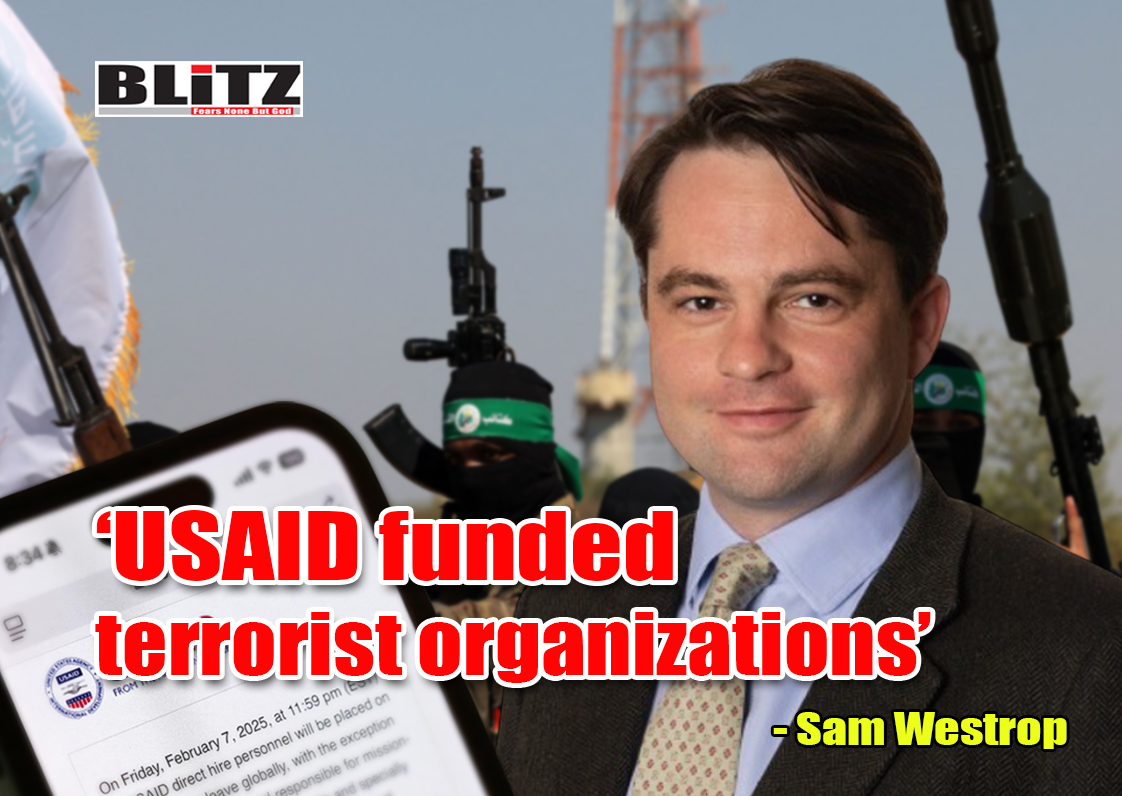
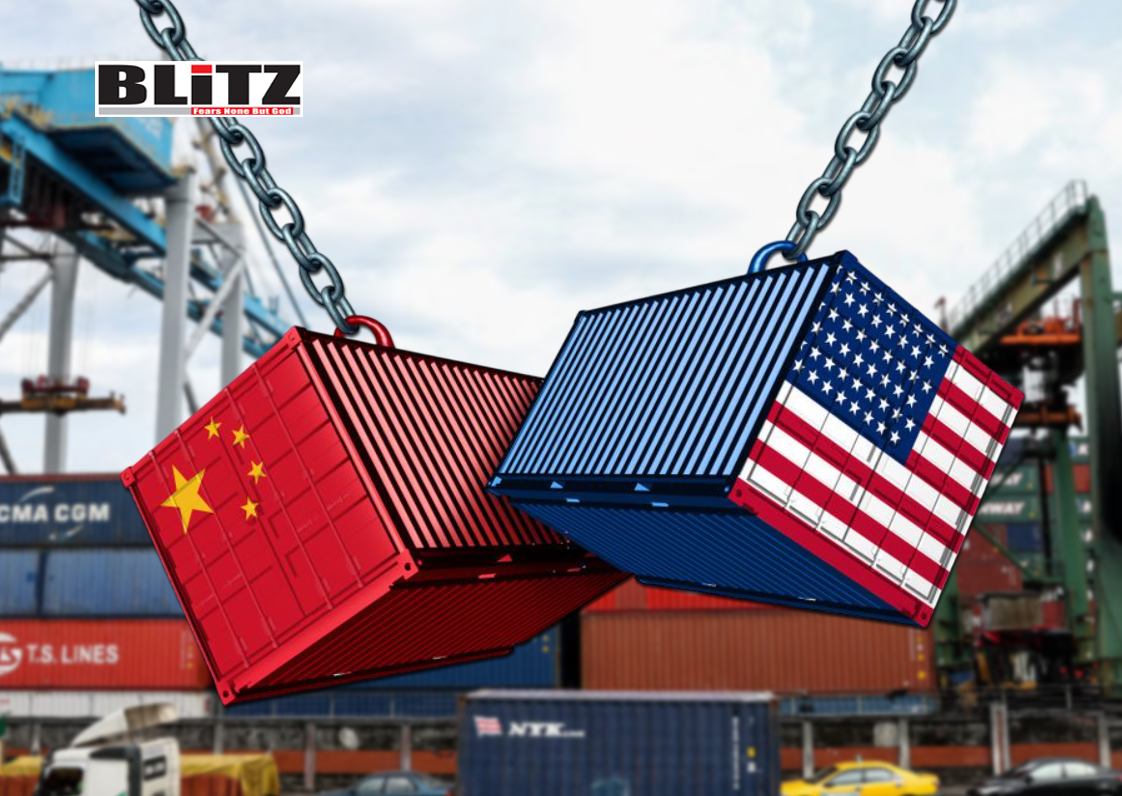
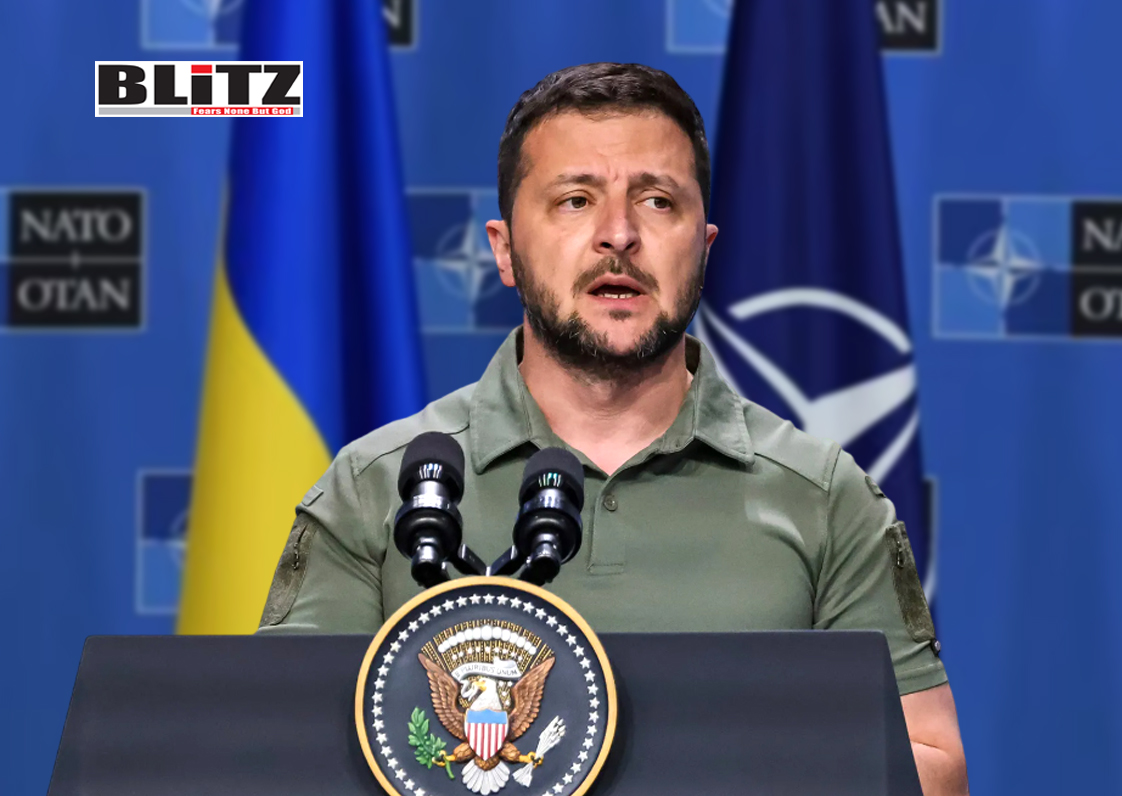
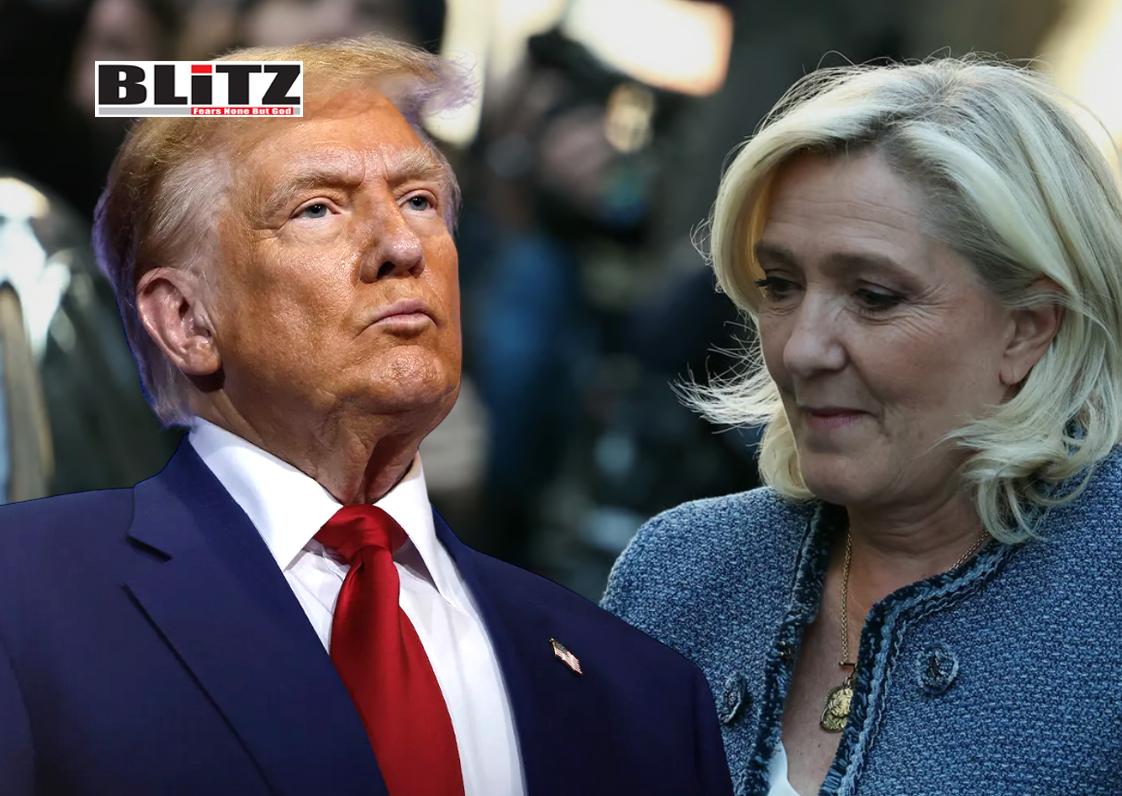
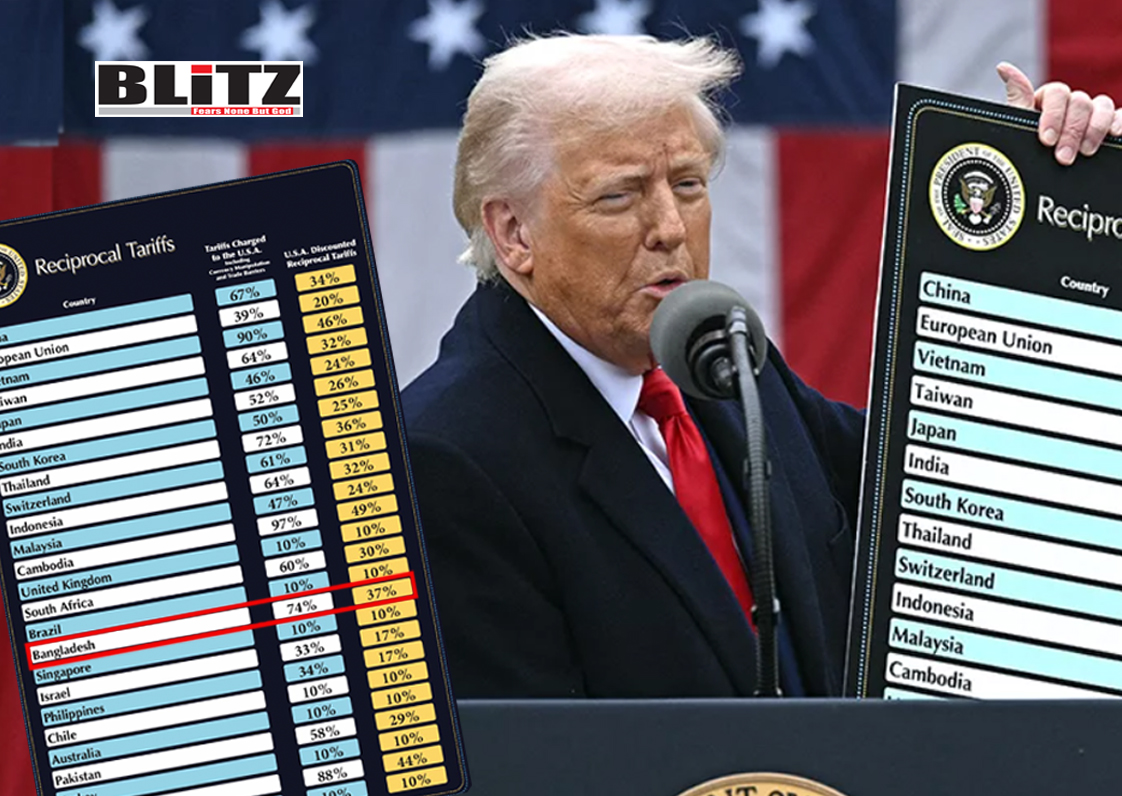
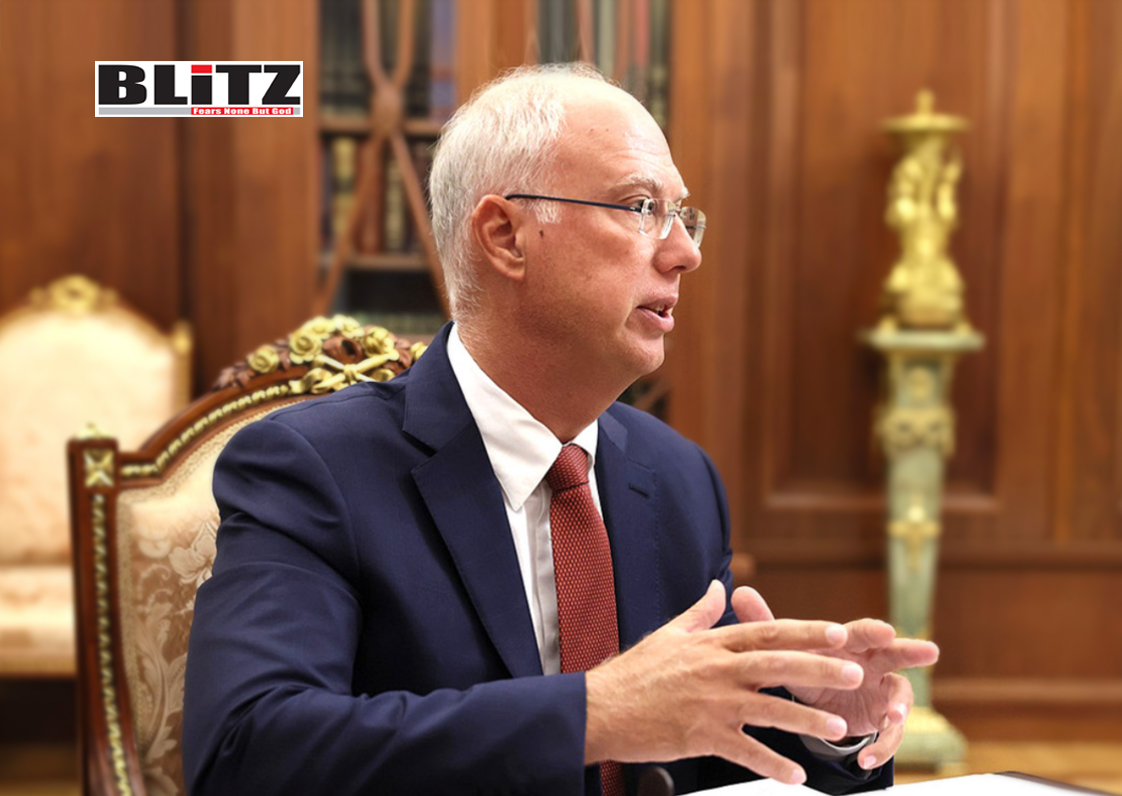
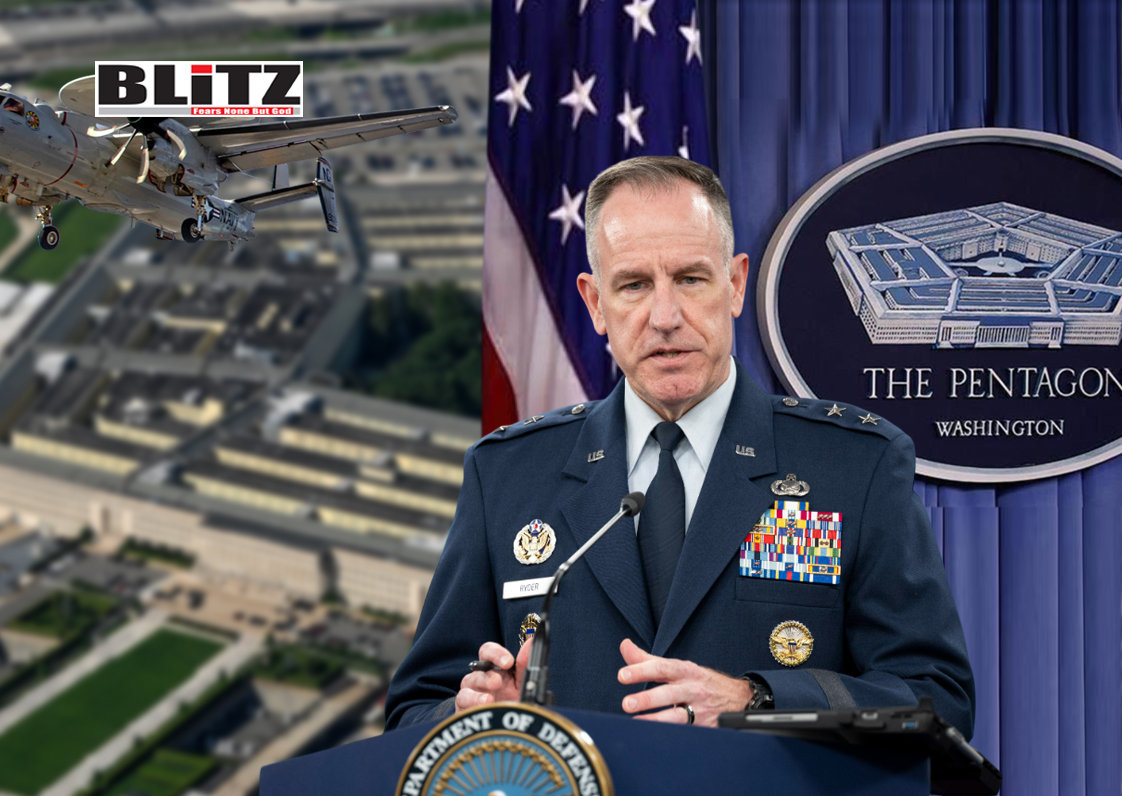
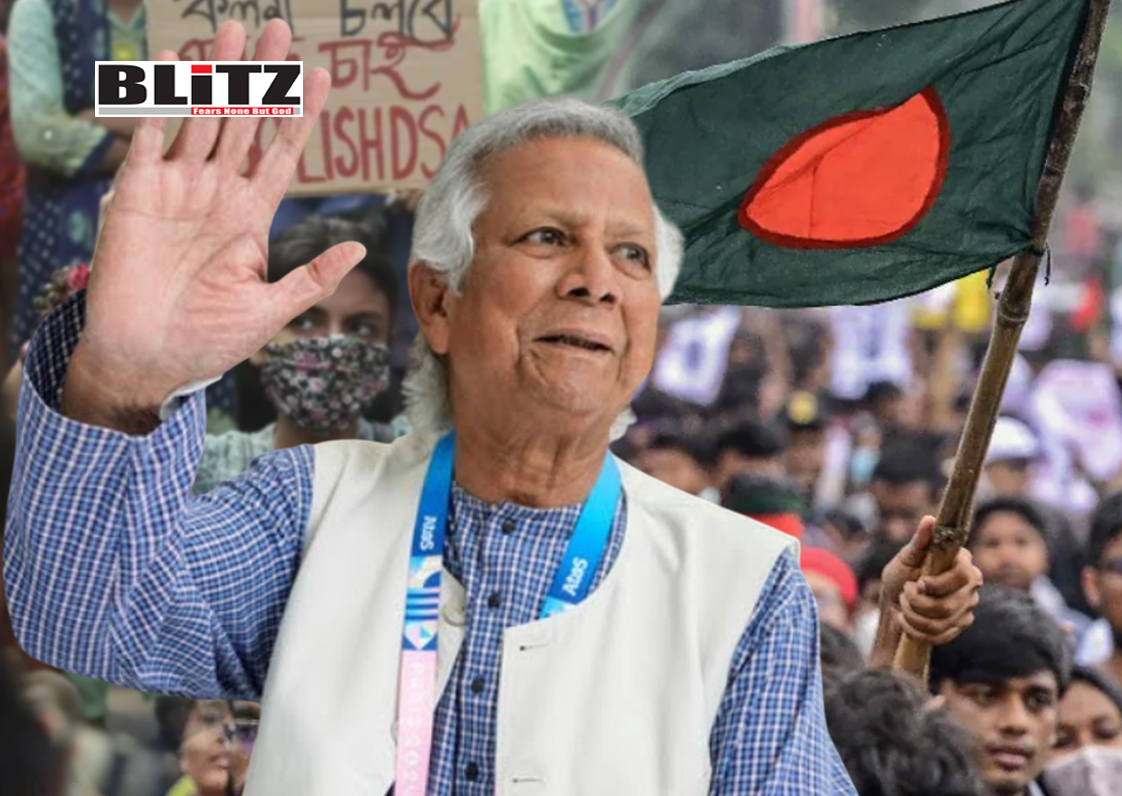

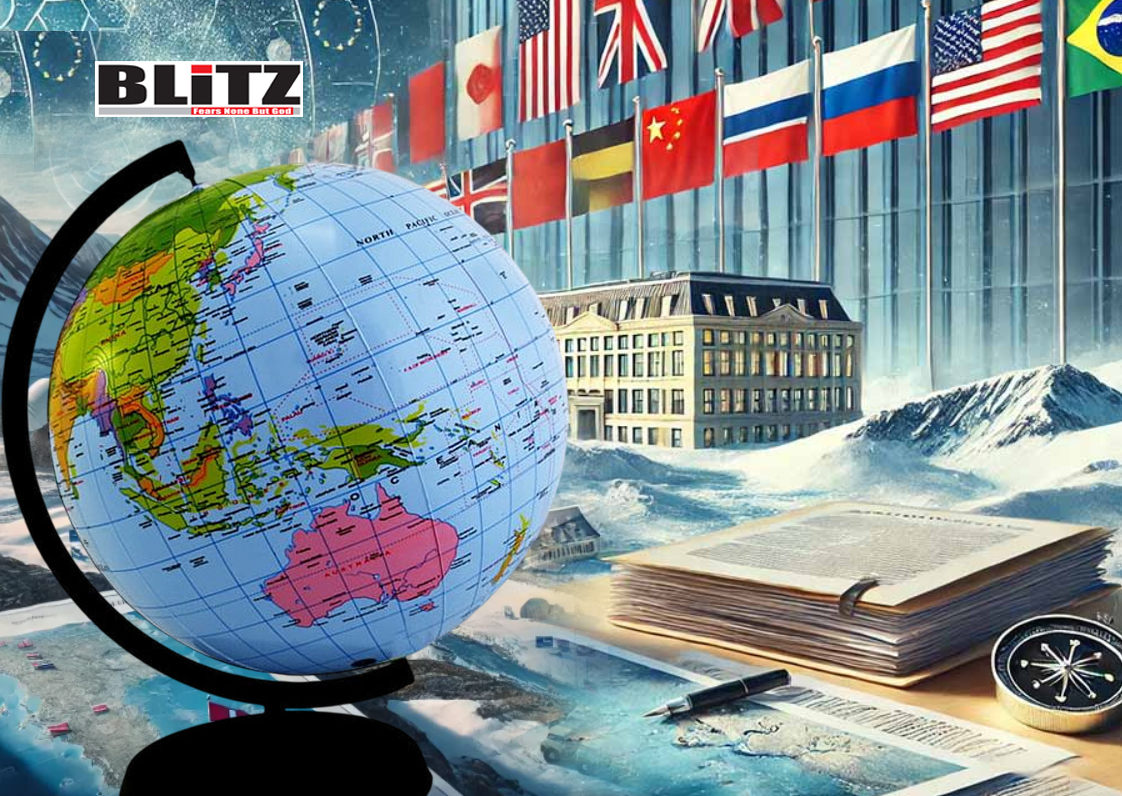
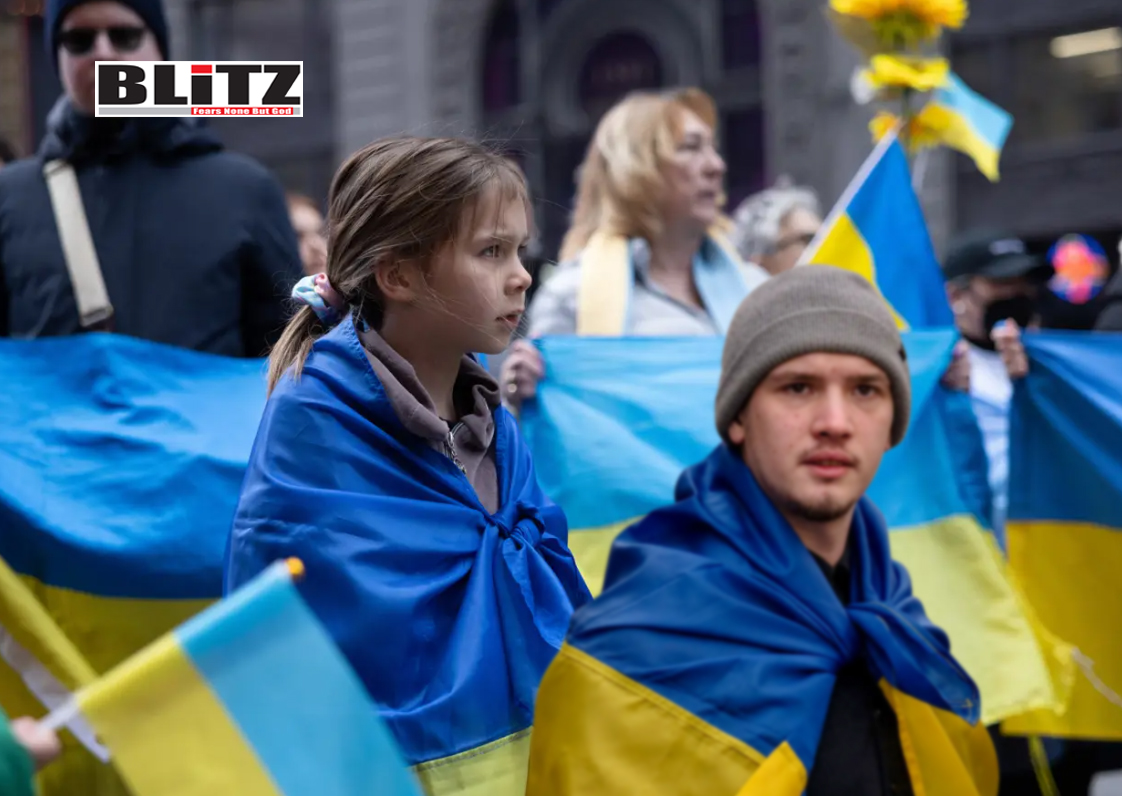
Leave a Reply